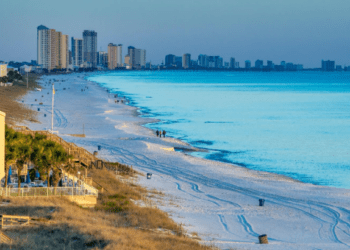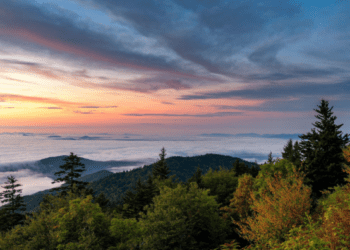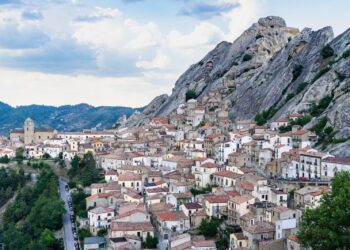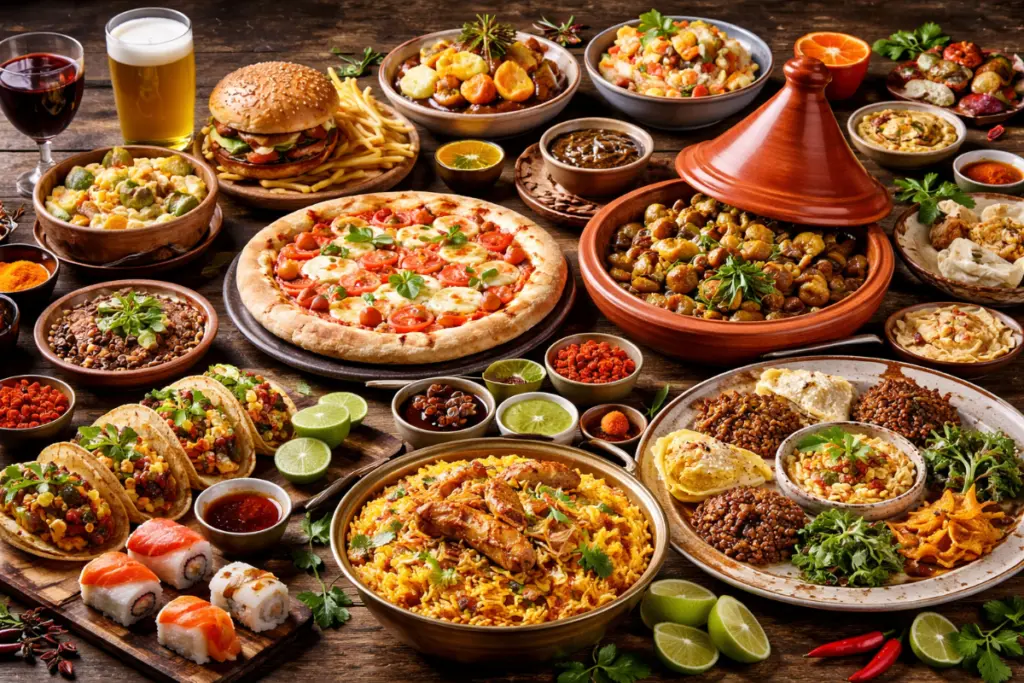The Karakoram Highway (KKH), often referred to as the “Eighth Wonder of the World,” is a 1,300km marvel that traverses breathtaking landscapes and links Pakistan to China. This highway, known for its astounding rock faces and natural beauty, has a rich history that few are aware of.
Originally a part of the ancient Silk Road, the KKH was constructed over two decades by more than 24,000 Pakistani and Chinese laborers. In 1978, it was officially inaugurated for vehicles, transforming this remote region by facilitating trade, tourism, and travel.
The 194km stretch of the KKH that winds through the Hunza Valley is especially captivating. Surrounded by the Karakoram Mountains, this region offers pristine glaciers, alpine lakes, and snow-capped peaks, all visible from the comfort of your vehicle. But what truly makes this part of the highway unique is the people and their rich traditions.
Hunza Valley, nestled in the Gilgit Baltistan territory between Xinjiang and Afghanistan’s Wakhan Corridor, was historically isolated due to its challenging geography. The valley is primarily home to the Burusho and Wakhi people, who have their own languages, music, and culture distinct from the rest of Pakistan.
While the KKH has opened up the valley to the world, it has also brought challenges. The fragile environment has suffered, and many locals have moved away from their traditional ways of life. The preservation of local festivals and traditional clothing has become a challenge.
Despite these challenges, some locals are dedicated to safeguarding the unique traditions of Hunza Valley. In Altit, a village famous for its 1,100-year-old fort, the Leif Larsen Music Center is teaching the next generation about traditional music. This initiative aims to keep the cultural essence alive.
Further down the KKH in Gojal, the striking Attabad Lake, born from a massive landslide in 2010, serves as a symbol of modernization. The region boasts the “China-Pakistan Friendship Tunnels,” showcasing infrastructure development in a remote area.
Amid these changes, local entrepreneurs, particularly women, are making their mark. Female-owned restaurants, shops, and even carpentry businesses are thriving. Gojal, including Gulmit, is a hub for female entrepreneurship.
The Bozlanj Cafe, run by Malika Sultana and Rashida Begum, serves traditional Hunza cuisine and preserves local dishes. Gojal is also home to the Korgah carpet factory, a female-run enterprise preserving the art of carpet weaving.
The hope is that these cultural custodians will preserve the unique traditions of Hunza Valley for generations to come. As travelers journey through this region along the Karakoram Highway, they have the opportunity to meet these dedicated individuals and experience what makes this highway and the Hunza Valley so special.
The Karakoram Highway is not just an architectural marvel; it’s a testament to the resilience of the people and culture of Hunza Valley.
Also read:

















